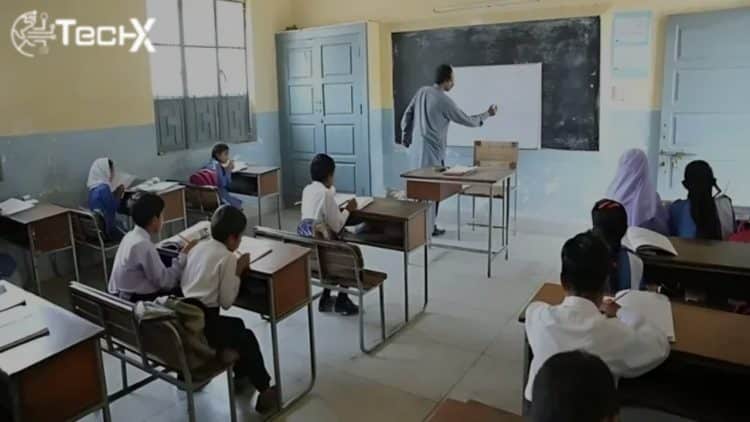The Punjab School Education Department has announced a landmark reform requiring all teachers across the province to obtain a teaching license. This policy, aimed at raising education standards, will apply equally to public and private institutions. By making certification mandatory, officials hope to ensure that every classroom is staffed with qualified, skilled, and accountable educators dedicated to nurturing student learning outcomes.
Standardized Licensing to Ensure Quality
The teaching license will be issued after candidates pass a standardized test designed to evaluate essential skills. The test will cover school subjects, general knowledge, and IT proficiency, ensuring that teachers are prepared for modern educational demands. This structured evaluation aims to establish fairness and credibility in the recruitment and career growth of educators, providing equal opportunities for deserving professionals across Punjab.
License Validity and Levels Introduced
According to officials, the teaching license will remain valid for five years and will be categorized into three levels: Primary, Elementary, and Secondary. Each category will align with specific qualifications and expertise required at different school levels. This structured approach allows teachers to demonstrate their subject knowledge and teaching competency while enabling schools to select educators best suited to students’ learning stages.
Impact on Recruitment and Promotion Policies
One of the most significant aspects of this initiative is its effect on teacher recruitment and promotion. Future hiring and advancement opportunities will be restricted to licensed teachers only. This change is expected to transform career progression, making professional growth directly tied to certification and continuous learning. By linking promotions to licensing, Punjab aims to create a highly motivated and merit-based education workforce.
Also Read: U.A.E. Bars Israeli Defense Firms from Dubai Airshow after Qatar Strike
Awaiting Final Approval by the Chief Minister
While the framework for the teaching license has been designed, the policy still requires final approval from the Chief Minister of Punjab. Once approved, the department will decide which agency will conduct the examinations. This crucial step will determine how smoothly and effectively the policy is implemented, ensuring transparency, accessibility, and consistency in the testing process across the province.
Elevating Teacher Accountability and Performance
Education officials argue that the licensing initiative will strengthen teacher accountability and performance standards. By introducing a formal evaluation system, Punjab seeks to weed out underqualified individuals while rewarding professionals committed to excellence. Teachers will now be required to continuously update their knowledge and skills, fostering a culture of ongoing professional development that benefits both educators and students alike.
Global Examples Inspire Punjab’s Reforms
Experts point out that similar licensing systems in countries such as Finland, Singapore, and the United States have greatly improved teaching quality and student performance. By learning from these global practices, Punjab hopes to adapt proven strategies to its local context. Licensing will not only raise educational standards but also enhance the prestige of teaching as a respected profession across the province.
Aligning with Broader Education Reforms
The licensing plan forms part of Punjab’s broader education reforms, which emphasize modernization, accountability, and technology integration. As classrooms evolve with digital tools and new pedagogical approaches, teachers must also adapt. The new licensing system ensures that educators are well-equipped to handle academic challenges and technological advancements, aligning Punjab’s schools with international benchmarks in education quality and teacher professionalism.
Preparing for a Future of Skilled Educators
The decision to introduce mandatory teaching licenses represents a forward-looking step for Punjab’s education sector. By prioritizing merit, accountability, and professional growth, the province is preparing a generation of highly skilled educators. Ultimately, this reform aims to improve student learning outcomes, strengthen schools, and elevate education to meet global standards. Punjab’s commitment to licensed teachers is set to shape a brighter, more sustainable academic future.





































